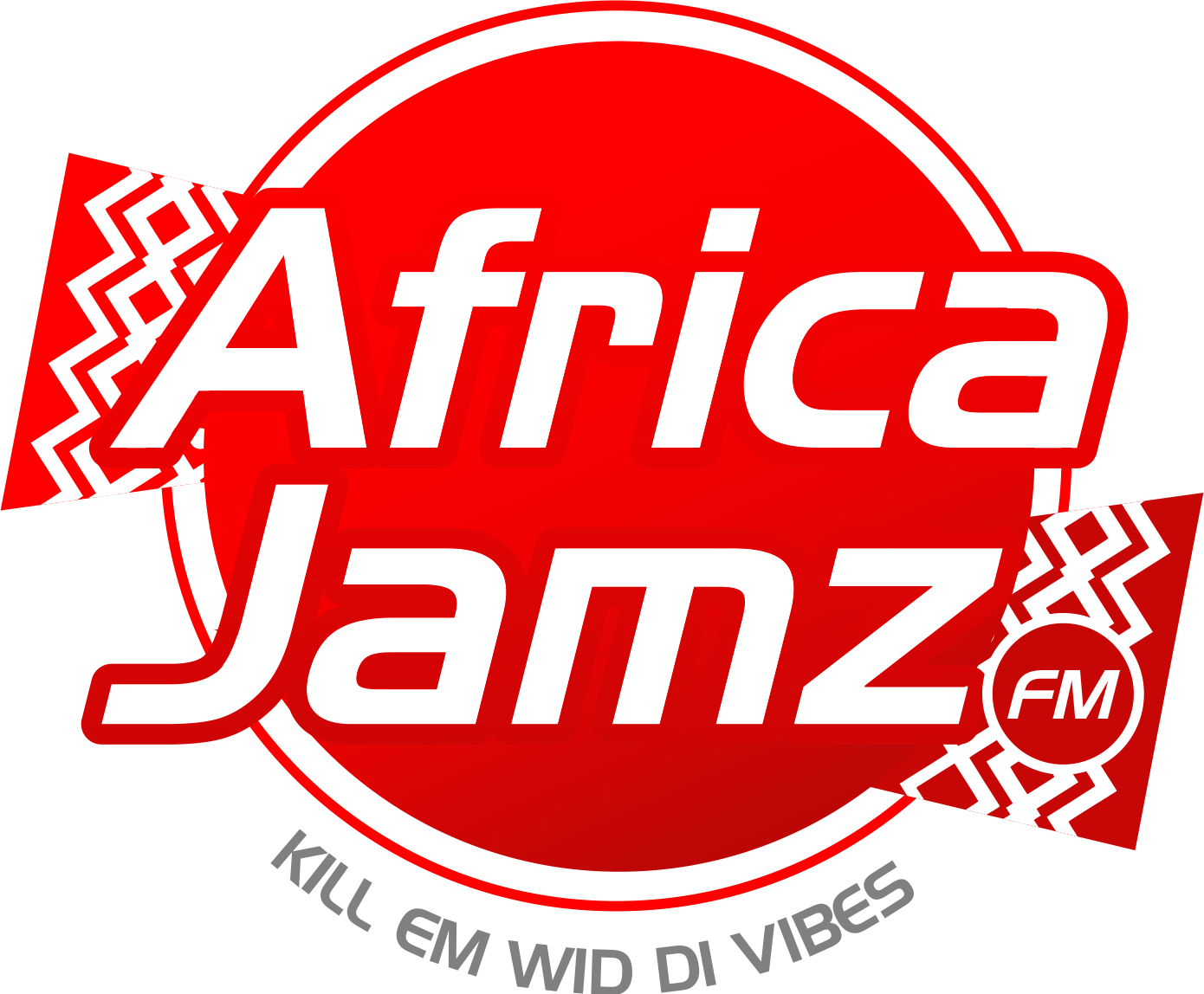Nelson Chamisa’s recent call for the resolution of the disputed August 2023 elections is a masterstroke that puts the Zimbabwean government, led by President Emmerson Mnangagwa, in a precarious position. This strategic move comes at a crucial time, just months before Zimbabwe is set to host a significant SADC Summit. With international eyes focused on the nation, Chamisa’s actions could catalyse a series of events that may compel Mnangagwa to reconsider his stance on the contested elections and resolve the decades-old Zimbabwe political crisis.
CHECK OUT THIS STORY: WARMING up for it: Nelson Chamisa calls for resolution of disputed August 2023 elections
The timing of Chamisa’s renewed push for electoral legitimacy is impeccable. SADC, an influential regional body, has recently channelled substantial aid into Zimbabwe, particularly for infrastructure improvements in preparation for the upcoming summit.
This summit is more than a routine gathering; it is a showcase event for Mnangagwa’s government to demonstrate stability and progress to regional leaders and international observers. However, Chamisa’s insistence on addressing the electoral fraud threatens to overshadow these preparations with a narrative of political instability and unresolved governance issues, exacerbating the Zimbabwe political crisis.
If Chamisa follows through with his intentions and organises mass protests, the impact could be profound. Such a public display of dissent would not only embarrass Mnangagwa on the global stage but also highlight the deep-seated issues within Zimbabwe’s political landscape. The visual of thousands of Zimbabweans protesting in the streets during a high-profile international summit would starkly contrast with the image of a country on the path to recovery that Mnangagwa aims to project, bringing the Zimbabwe political crisis into sharp relief.
Chamisa’s strategy is a “Pick 5” move, leveraging several advantages at once. First, it garners international attention and puts pressure on SADC leaders to take a definitive stand on the disputed elections. Second, it unites the opposition and civil society in a common cause, strengthening Chamisa’s political base. Thirdly, it exposes the cracks in Mnangagwa’s government, particularly its inability to quell domestic unrest and address legitimate electoral grievances. Fourthly, it highlights the economic and social crises exacerbated by illegitimate governance. Lastly, it potentially forces Mnangagwa into a position where negotiation becomes the most viable option to maintain both his domestic and international standing amid the Zimbabwe political crisis.
The government’s response to Chamisa’s manoeuvre will be critical. Repression of protests could backfire, drawing further condemnation and potentially jeopardising the much-needed SADC support.
On the other hand, engaging in meaningful dialogue with the opposition could pave the way for a more stable political future. It is a delicate balance that Mnangagwa must navigate carefully to manage the Zimbabwe political crisis.
In essence, Nelson Chamisa’s latest move is a calculated risk that could reshape Zimbabwe’s political landscape. By challenging the legitimacy of the August 2023 elections at this pivotal moment, he forces President Mnangagwa into a corner, with the potential to either embarrass or compel action.
As the SADC Summit approaches, all eyes will be on Zimbabwe, watching to see if Chamisa’s strategy will indeed force a change in the nation’s political dynamics, amid the ongoing Zimbabwe political crisis.

